As your business expands, your financial obligations will increase as well. Managing your bookkeeping might work at first, but soon enough, keeping track of expenses, payroll, taxes, and financial reports can become overwhelming. This is why many small and medium-sized businesses turn to outsourced bookkeeping to ensure their finances are handled efficiently and professionally. Choosing the right outsourced bookkeeping provider isn’t just about offloading tasks. it’s about finding a partner that helps you achieve long-term financial success.
Selecting the right remote bookkeeper matters because they will handle your crucial financial data, ensure compliance with tax laws, and help you make better business decisions. Picking the wrong provider, on the other hand, could lead to errors, fines, and even potential financial risks.
The Importance of Choosing the Right Outsourced Bookkeeper
Knowing what to look for in a bookkeeper before hiring is essential for maintaining your business’s financial health. Outsourcing allows you to focus on growth while tapping into expert knowledge and saving costs. Finding the right fit for your needs is what truly matters. The right provider is essential as remote bookkeeping provides ultimate benefits by ensuring accurate financial records, tax compliance, and well-managed cash flow. On the other hand, a poor choice can result in mismanaged books, compliance issues, and lost tax-saving opportunities.
It’s not just about handing over your financial records; it’s about finding a trusted partner who understands your business goals. Whether you’re a small business handling daily transactions or a growing company that needs cash flow management, outsourcing your bookkeeping can reduce your workload while improving accuracy and transparency.
What to Look For a Bookkeeper That Aligns With Your Business Needs

Mastering how to outsource bookkeeping effectively depends on knowing the process and adjusting it to fit your business’s nature. Once you have a clear understanding, you can look for an outsourced bookkeeper who aligns with your business’s specific requirements. Start by determining exactly what you need. Whether it’s assistance with monthly reconciliations, business tax preparation, or payroll management. You might also require industry-specific expertise or compliance with particular regulations. Identifying these needs ensures you find the right bookkeeping provider that fully understands your business’s distinct requirements.
A provider that understands the nature of your business can deliver tailored solutions. For instance, businesses in different states may face specific tax regulations that vary by location. In this case, working with a firm experienced in handling regional tax laws ensures that your business complies with local regulations and financial standards.
By outsourcing your bookkeeping, you gain access to a provider who understands state-specific requirements, helping you stay compliant and keep accurate financial records. For example, if you look for the right New York bookkeeping provider with extensive expertise, they’ll be better equipped to navigate the state’s unique tax laws and regulations. This reinforces why bookkeeping is important with the right ones, as it ensures compliance and helps avoid costly penalties, emphasizing the importance of professional bookkeeping for efficient tax management.
Identifying the Specific Tasks You Need to Outsource
To make the most of outsourced bookkeeping services, you must first identify the tasks that are taking up too much of your time or require more expertise than your team can provide. Like you struggle with payroll management? Spending too much time on personal tax preparation? Or finding it hard to keep up with financial reports and reconciliations?
Here are some common tasks that businesses outsource:
- Transaction Recording: This involves tracking every sale, purchase, and expense. The right virtual bookkeeper can manage this for you, ensuring your records are accurate and up to date.
- Bank Reconciliation: The process of comparing internal records with bank statements can be both time-consuming and error-prone. Outsourcing ensures this process is handled smoothly and discrepancies are resolved quickly.
- Payroll Management: Outsourcing payroll means ensuring timely salary payments, tax deductions, and benefits management. If payroll isn’t managed correctly, it could lead to dissatisfied employees and compliance issues.
- Tax Compliance: Staying on top of tax laws is essential for avoiding penalties. A professional outsourced accountant ensures you comply with both state and federal regulations.
Benefits of Choosing the Right Accounting Outsourcing Firm

Choosing the right provider for outsourced bookkeeping can significantly impact your business. Here are five key benefits of making the right choice:
1. Save Time and Boost Efficiency
Outsourcing bookkeeping lets you hand off time-consuming tasks like tax season preparation, payroll, and monthly reconciliations. Outsourcing allows you to devote more time to scaling your business. When you understand what is outsourcing bookkeeping, you’ll see how much time can be saved, allowing you to shift focus from financial details to strategic decision-making.
2. Reduce Costs by Avoiding Full-Time Hiring
Outsourcing is a more affordable option compared to employing a full-time bookkeeper. Maintaining an in-house team means covering salaries, benefits, and software costs. By outsourcing, you only pay for the services you need, making it a smarter financial choice, especially for small and mid-sized businesses.
3. Gain Access to Expertise and Accuracy
looking for an outsourced bookkeeping gives you access to trained professionals who ensure accuracy and compliance. Whether you need expertise in local tax regulations or specialized industry knowledge, selecting the right outsourced accounting firm helps you avoid costly errors, ensuring your financial records are managed accurately and professionally.
4. Enjoy Real-Time Financial Management
Many outsourced providers use cloud-based tools like QuickBooks, giving you real-time access to your financial data. Virtual bookkeeping benefits your business by providing constant financial oversight without needing to meet in person. This allows you to manage and track your cash flow anytime, no matter where you are.
5. Easily Scale as Your Business Grows
Outsourcing provides flexibility as your business grows and demands more comprehensive bookkeeping services. The right bookkeeping provider allows you to scale seamlessly without the hassle of recruiting or training new staff. They adapt to your evolving needs, supporting your business through every phase of growth.
Key Factors to Consider When Choosing the Right Outsourced Bookkeeper

Several critical factors can influence your decision when selecting the right outsourced bookkeeper for your business. By focusing on these key areas, you’ll ensure your bookkeeper is well-suited to meet your specific needs.
Determine Your Accounting Needs
Start by identifying the specific bookkeeping tasks you need help with. You might struggle with payroll, tax compliance, or cash flow management, for instance. Clarifying these needs helps you select a provider with expertise in the areas that matter most to your business. Understanding your business’s financial requirements ensures you choose a bookkeeper who can effectively address your priorities.
Industry Experience
Industry-specific knowledge is crucial when looking for an online bookkeeper. Ensure the provider has experience working within your industry and understands its unique tax laws and regulations. Additionally, check for proper certifications and accreditations, such as being a Certified Public Accountant (CPA), to ensure they meet industry standards and have the skills to manage your finances professionally.
Service Offerings
Not all outsourced bookkeepers offer the same services. Some may focus on payroll and monthly reconciliations, while others provide full-service solutions, including tax filing and financial reporting. Review the provider’s offerings that ensure they align with your accounting and bookkeeping needs before giving the green light. Choosing a bookkeeper with comprehensive services can help streamline your financial processes and reduce the need for multiple providers.
Reputation
Make sure to look into the bookkeeper’s industry reputation before finalizing your selection. Look for testimonials, online reviews, and client referrals to gauge the quality of their services. Reputation plays a key role in determining one’s reliability and trustworthiness. Speak with past or current clients if possible, to get a firsthand account of their experience working with the provider.
Technology Integration
Technology plays a vital role in modern bookkeeping. Ensure the outsourced bookkeeper uses up-to-date accounting software, such as QuickBooks or Xero, and offers cloud-based solutions for real-time access to your financial data. A provider who integrates the latest technology can improve the accuracy of your financial records and streamline the entire bookkeeping process.
Communication and Accessibility
Clear communication is essential when working with an outsourced accounting company. Ensure the provider is accessible and offers regular updates on your financial health. Whether through email, phone, or online platforms, easy communication helps maintain transparency and allows you to stay informed about your business’s financial performance. Timely responses and proactive communication are key to a successful partnership.
Pricing and Scalability
Pricing should be transparent and based on the services you require. Be sure to compare costs among different bookkeeping providers, but consider scalability as well. As your business grows, your bookkeeping needs may expand. Choose an accountant who can scale their services to meet your future needs without drastically increasing costs. Opting for flexible pricing models ensures that the partnership evolves with your business.
Conclusion
Outsourcing your bookkeeping is a smart move for businesses that want to save time, reduce costs, and improve accuracy. However, choosing the right bookkeeping provider is crucial. A provider who aligns with your business needs will help you manage your finances, stay compliant, and provide valuable insights for growth. Whether you’re a small business in need of monthly reconciliations or a large company focused on cash flow management, the right provider will help you achieve your financial goals.
By thoroughly assessing your needs, researching providers, and setting clear expectations, you can find an accounting and bookkeeping firm that ensures your business runs smoothly and efficiently. Remember, the right partner isn’t just managing your books. However, they’re helping you steer your business toward success.


